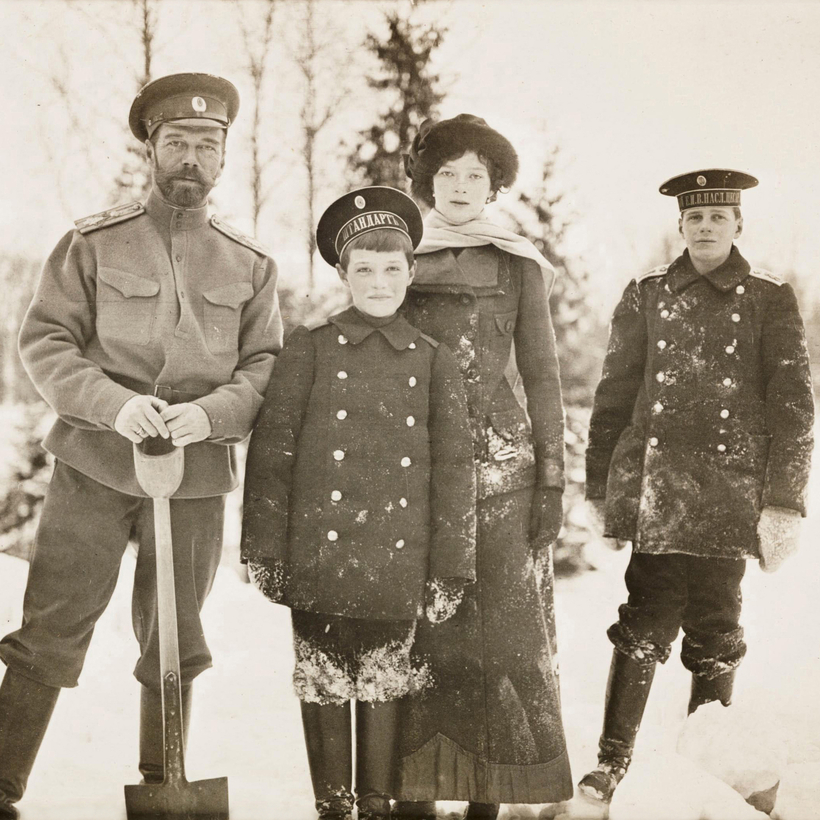The Last Tsar: The Abdication of Nicholas II and the Fall of the Romanovs by Tsuyoshi Hasegawa
The problem with dynasties is their propensity to produce duds. For every Louis XIV, there is a Louis XVI. For every George H. W. Bush, a George W. Bush. And for every Peter the Great or Catherine the Great, a Peter III or Nicholas II.
To be sure, Nicholas’s inheritance was an unenviable one. Ascending to the imperial throne when he was 26, he became the undisputed ruler of 125 million people spread across a landmass that stretched from the frontiers of Germany and Sweden to the shores of the Black Sea and the Pacific.


